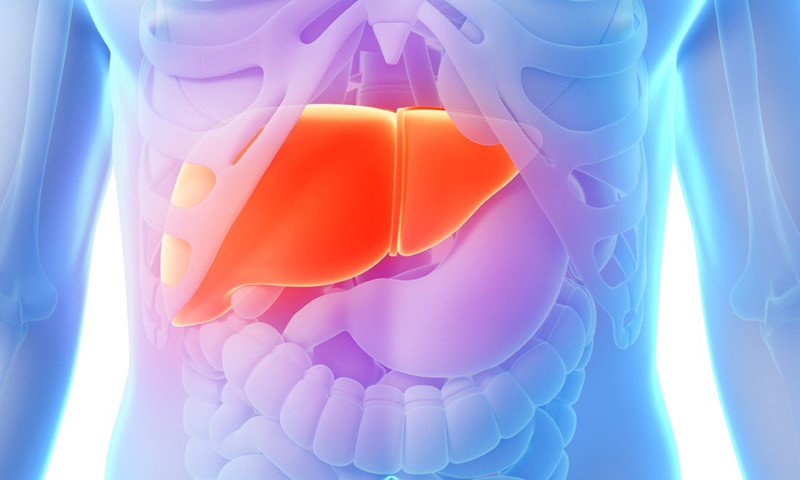3D printing has taken the world by storm with its vast possibilities, and the medical world has taken a noticeable interest in the possible uses of this new technology. Seeing as the material used to create 3D printed objects can be changed to suit the problem, bio-printing has emerged as the next big medical innovation, which will see the creation of artificial human tissue. Since the organ is being created for research purposes at the moment, bio-printing company Organovo have strived to create a Liver that is fully functional and able to survive for at least 40 days.
The current thickness of this printed organ is roughly five sheets of paper thick in order to reduce the risk of the living cells in the organ dying before they leave the printing table. The development of a drug typically takes around 12 years with an average cost of $12 million, although having artificial organs available for research purposes could potentially save valuable time and money. For a concept of this nature it will still take a long time and strict government review before having any clinical applications. However, the creation of a fully function bio-printed organ will lead the way in medical advancements as printed organs will be able to use patients DNA in order to decrease the risk of user rejection.
Want more from your website?
Get practical, easy to implement guidance and tips to accelerate your online performance with a personalised one on one phone consultation







 Clarity First: A Smarter Way to Approach SEO
Clarity First: A Smarter Way to Approach SEO
 The Risks of Having An Out of Date Website
The Risks of Having An Out of Date Website
 How to Use Marketing Buyer Personas to Improve the Effectiveness of Your Website
How to Use Marketing Buyer Personas to Improve the Effectiveness of Your Website